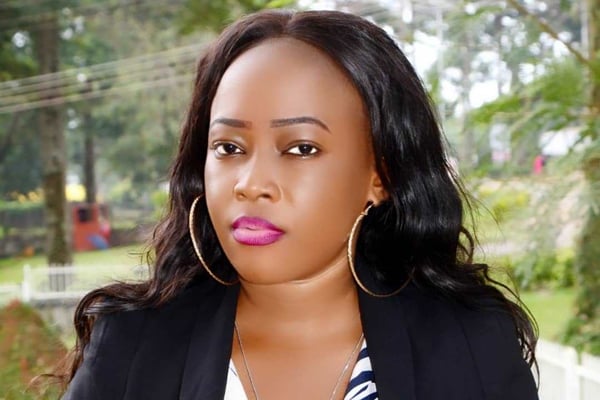Prime
Acholi sub-region leads in gender-based violence case – survey

Members of SOS Children's Village, school children and local leaders at the launch of 16 days of activism to end gender-based violence (GBV). Photo | Eve Muganga
What you need to know:
- Ms Doreen Bakeiha, a Senior Gender Officer at the Ministry of Gender, Labour and Social Development, said the violence cases are as the result of excessive alcohol consumption.
Acholi sub-region has been ranked as having the highest percentage of gender-based violence at 78 per cent and is also leading in sexual violence at 64 per cent followed by Bukedea at 61 per cent, according to the report by the Ministry of Gender, Labour and Social Development.
Ms Doreen Bakeiha, a Senior Gender Officer at the ministry who represented the Commissioner for Gender at the launch of 16 days of Activism to End Gender-based Violence (GBV) at SOS Children’s Village in Entebbe this week, said the violence cases are as the result of excessive alcohol consumption.
“Wherever you find that alcohol consumption is high, then GBV is also high. Some areas in Acholi have social norms that put women in a certain position and those exhibit high prevalence. Other regions practice female genital mutilation, which in itself is enough violence,” she noted.
“In Uganda, about 47 per cent of women face economic violence. Two in every 10 women or about 23 per cent are forced to give their earnings to their partners, according to the 2022 Uganda Demographic and Health Survey (UDHS). In 2022, the survey also revealed that up to 16 per cent of women aged between 15 and 29 in the country had experienced some form of sexual violence. The report also revealed that 24 per cent of women aged 15-19 are mothers or pregnant with their first child,” she added.
Ms Bakeiha called for action for increased long-term sustainable investment by all actors and donors to women’s rights organisations working to end violence against women and girls.
Ms Irene Nsangi, the Programs Manager at SOS Uganda, said: “We must strengthen every corner where we have a girl and a woman. As SOS, we are standing to fight against GBV. The more we promote a female, the more we shall be able to address issues of GBV.”
She further noted that they are determined to strengthen families, provide programmes to benefit the youth and be able to respond to emergencies.





